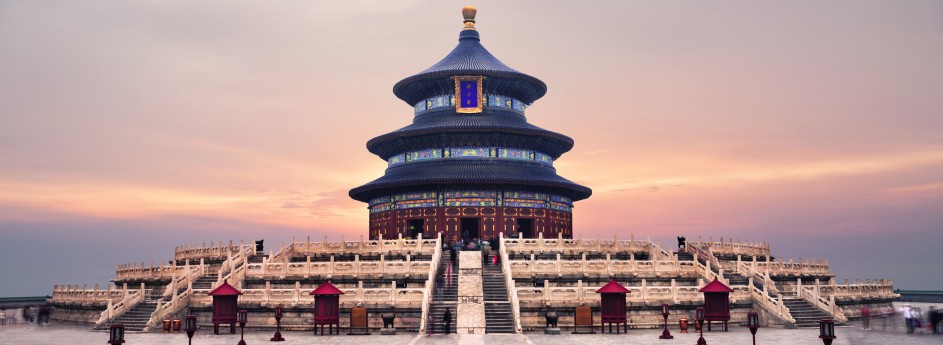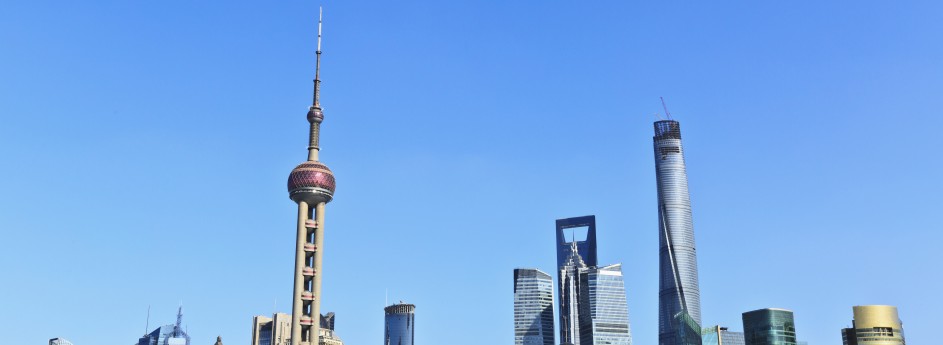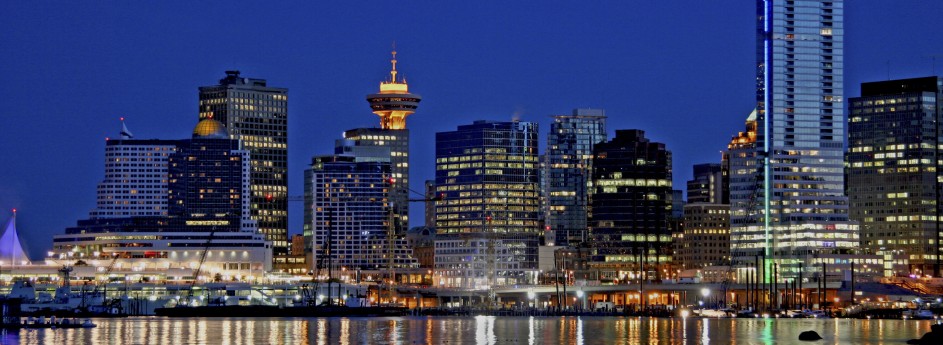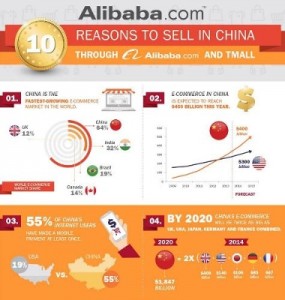Hong Kong Needs the Mainland More Than the Other Way Around
The Occupy Central protestors put on a brave face declaring “we’ll be back” as the Hong Kong police cleared them out of the Admiralty area which they illegally blocked for over 10 weeks. I would underscore and amplify the summary below by Market Realist: those beleaguered students face some stark realities about Hong Kong’s relationship with the mainland. As mentioned in a previous post, when Hong Kong reverted back to Chinese sovereignty in 1997, the port city represented about 18% of the mainland’s GDP; now it’s down to a mere 3% and within a decade, it will be just 1%. The anxieties of the protestors behind the façade of electoral reform largely reflect this inexorable trend.
For the sake of ‘one country, two systems’, Beijing has maintained Hong Kong’s basic freedoms and rule of law and bestowed upon it an array of privileges that helps it prosper in the face of global downturns. This is not even to mention the simple fact that most of the SAR’s electricity and water is supplied by the mainland along with the best produce and meats for their daily sustenance. And, in a reversal of what the piece says is the mainland’s main dependency on Hong Kong, the mainland is increasingly becoming a major source of financial and human capital for the enclave.
Despite their rhetoric, the Occupiers won’t be able to reassemble because first, the police will be on the lookout for any such stirrings; and second, even if they’re able to muster some kind of mischief, given the rapid growth of the mainland and the heft it now carries, the central government will simply provide more preferential policies to other regions like the Shanghai Free Trade Zone, the rest of the Yangtze River Delta region, the greater Pearl River Delta area, the Beijing-Tianjin-Hebei greater area, among others. Central planners are even mulling to make these areas full-fledged FTAs. Then, there is central and western China that are yearning for more incentives. All of which makes Hong Kong less and less imperative for China’s growth needs.
So, suck it up Occupiers and salvage what you have left.
China is crucial to Hong Kong
Hong Kong still relies a lot on China for its income and growth. In the past decade, China has been Hong Kong’s largest destination of re-exports and supplier of imports. In 2005, China replaced the US to become the largest destination of Hong Kong’s domestic exports.
- China accounts for about 47% of Hong Kong’s exports and 50% of its imports
- 1/5th of bank assets in Hong Kong represent loans to Chinese customers
- Tourism and retail spending from China accounts for 10% of Hong Kong’s GDP
The interdependence between Hong Kong and China
While Hong Kong’s dependencies on China remain central to any China-Hong Kong debate, China too has been and is dependent on Hong Kong in more than one area.
Over the years, China has been able to receive foreign capital (financial and human) through Hong Kong’s more developed and mature legal system and capital market, which has served as an important platform for it. The platform has also aided China in absorbing technological and management expertise from the world.
With such cross-dependencies, it only makes sense for China and Hong Kong to resolve their political conflicts before the repercussions start impacting investment flow into the area.
– Market Realist
Fidel Castro Awarded China’s Confucius Prize and President Xi Named ‘Person of the Year 2014’ by Russia
About time some institution honoured him, if only for surviving the more than 600 assassination attempts by the CIA. Not to mention standing up to the Americans for over half a century and his people bearing the brunt of crippling trade sanctions. The US should suspend the sanctions immediately as the UN General Assembly has voted overwhelmingly for (for the nth time) and start the process to normalize relations. But, alas, that’s not going to happen any time soon given the ferocity of the fiercely anti-communist Cuban-American lobby in Florida.
Former Cuban leader Fidel Castro is this year’s winner of the Confucius Peace Prize, China’s alternative to the Nobel Prize. The committee that sponsors the prize praised 88-year-old Castro for peacefully resolving international conflicts. The Confucius prize was launched in 2010 as an alternative to the Nobel Peace Prize, Prior recipients include former U.N. Secretary-General Kofi Annan and Russian President Vladimir Putin.
– AP
Chinese President Xi Jinping was named as “Person of the Year 2014” by the Russian Biographical Institute for the “strengthening of economic and political ties with the Russia”, which reflects the rising influence of China and its leader. It is the first time the institute has given the award to a leader of a country that doesn’t belong to the Commonwealth of Independent States.
The Russian Biographical Institute, founded in 1992, is a nongovernmental and noncommercial organization based in Moscow. Its Person of the Year award acknowledges the recipients involved as being guided by the principles of social, spiritual and moral responsibility. In all, the institute handed out awards to 42 individuals, companies and institutions in areas including culture, science, charity, medicine and health, and national defense.
– China Daily
Alibaba Infographic
Although Chinese e-commerce giant Alibaba, along with payment option Alipay, counterpart to Paypal, and its online marketplace Tmall, aren’t yet household words in North America like eBay or Amazon, its impact around the world will be epochal not only in terms of exponential growth in e-commerce but potentially even more important, further ground-breaking innovation in online marketing and sales.
Here’s an infographic on Alibaba released by Issa Asad, CEO of QLink Wireless and best-selling author, on the importance of Alibaba and dynamic e-commerce growth in China. On Singles Day November 11, otherwise known as ‘double 11’), China’s consumers day, the shopping frenzy netted for Alibaba over US$9 billion in transactions.
Recall meeting founder Jack Ma in 2000 when his company was starting out and thinking it’s just another .com start-up and it will be a big slug for them going forward. Well, look at it now! Had I known what a phenomenon it would become, would have bought as much Alibaba stock as I could.
Founded by Jack Ma in 1999, Alibaba is the world’s largest e-commerce marketplace and provides C2C, B2C and B2B sales services. The company also owns Tmall, which is similar to US Amazon. With 70,000 brands and 180 million buyers, Alibaba is larger than both Amazon and eBay. It is still growing thanks to China’s high-speed e-commerce market, which is currently outpacing other emerging markets like Brazil and India.
In September 2014, Alibaba made its first significant appearance in American headlines when its IPO shattered world records and raised more than $25 billion.
E-commerce spending in China is expected to reach $400 billion in 2014. By 2020, China’s e-commerce market is expected to be twice as large as the UK, the United States, Japan, Germany and France combined, with $1,847 billion in total revenue.
– PRNewswire





